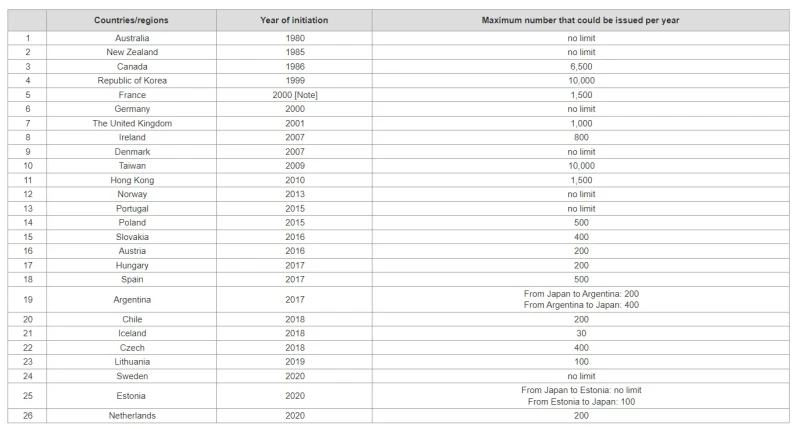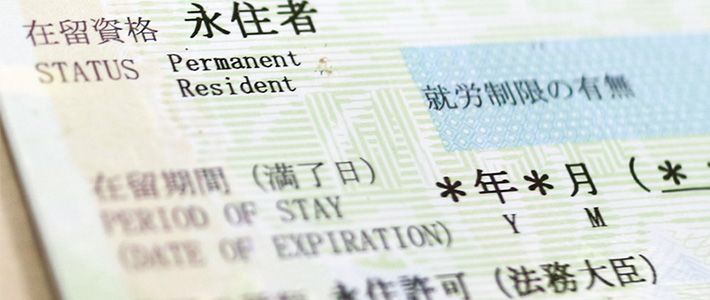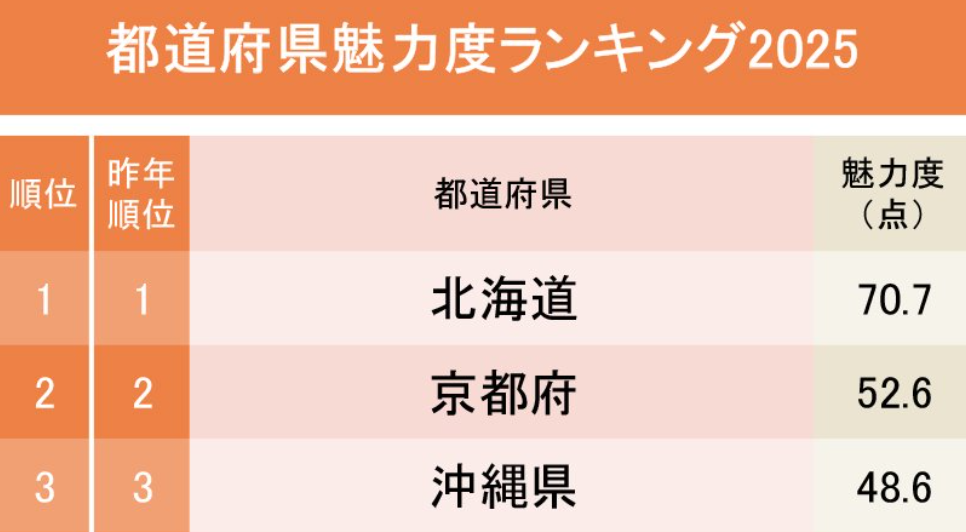After a prolonged stay in Japan, many individuals contemplate applying for permanent residency or naturalizing as Japanese citizens. What advantages does obtaining Japanese citizenship offer, particularly in comparison to permanent residency?
Entrepreneurship and company establishment in Japan are relatively expeditious
Entrepreneurship and company establishment in Japan become more expedient for those holding Japanese citizenship. If you are a Japanese national, venturing into entrepreneurship and founding a company in Japan enhances your credibility, notably when seeking financial support from banks. The success rate in securing loans tends to be higher for Japanese citizens compared to their foreign counterparts.
Japanese citizenship serves as a convenient springboard for venturing into various countries in Europe and the Americas
Japanese citizenship serves as a convenient springboard for global endeavors, especially towards Europe and the Americas. Given the substantial number of Chinese immigrants seeking to move abroad, these regions often impose stringent regulations on Chinese immigrants, including limitations on application numbers, extended waiting periods, and challenging visa processes. In contrast, Japanese citizenship facilitates a smoother journey through these obstacles, as international perceptions of Japanese citizenship generally lean towards a more amiable stance compared to Chinese nationality.
Permanent residency faces the risk of policy modifications
While permanent residency offers a sense of security, it does not guarantee absolute tranquility in Japan. Presently, many foreigners who have acquired permanent residency return to their home countries. While maintaining permanent residency poses no immediate issues under the current policies, the Japanese government may alter these policies in the future. Potential modifications could include restrictions on residency duration in Japan, increased tax obligations, and diminished welfare benefits. In this context, obtaining Japanese citizenship emerges as the most secure option.
Facilitates the acquisition of entrepreneurial visas in Europe and the Americas
Based on previously established trade treaties, Japan enjoys the most-favored-nation treatment from the Netherlands. Leveraging this accord, Japanese citizens can effortlessly obtain a two-year entrepreneurial visa for the Netherlands, requiring a modest startup capital of 4,500 euros. Additionally, securing the United States' E2 Entrepreneurial Visa is a streamlined process, characterized by its speed, absence of waiting periods, and exemption from quota restrictions. This visa bestows the benefits akin to a "quasi-green card."
Japanese citizens have access to a broader selection of countries/regions for applying for working holiday visas
For countries/regions offering working holiday visas, Japan has access to a broader selection. While we are aware that Chinese citizens under 30 years of age can apply for the working holiday visas of Australia and New Zealand, subject to the constraints of limited quotas, Japanese citizens can extend their applications to numerous developed countries/regions. Notably, the quotas for Australia and New Zealand are unrestricted.

Upon returning to their home country, individuals have the freedom to exchange currency without restrictions
China enforces foreign exchange controls on its citizens, restricting their ability to freely exchange currency. In contrast, Japanese nationals in China operate without such constraints, enjoying unrestricted freedom in the exchange of foreign currency.





